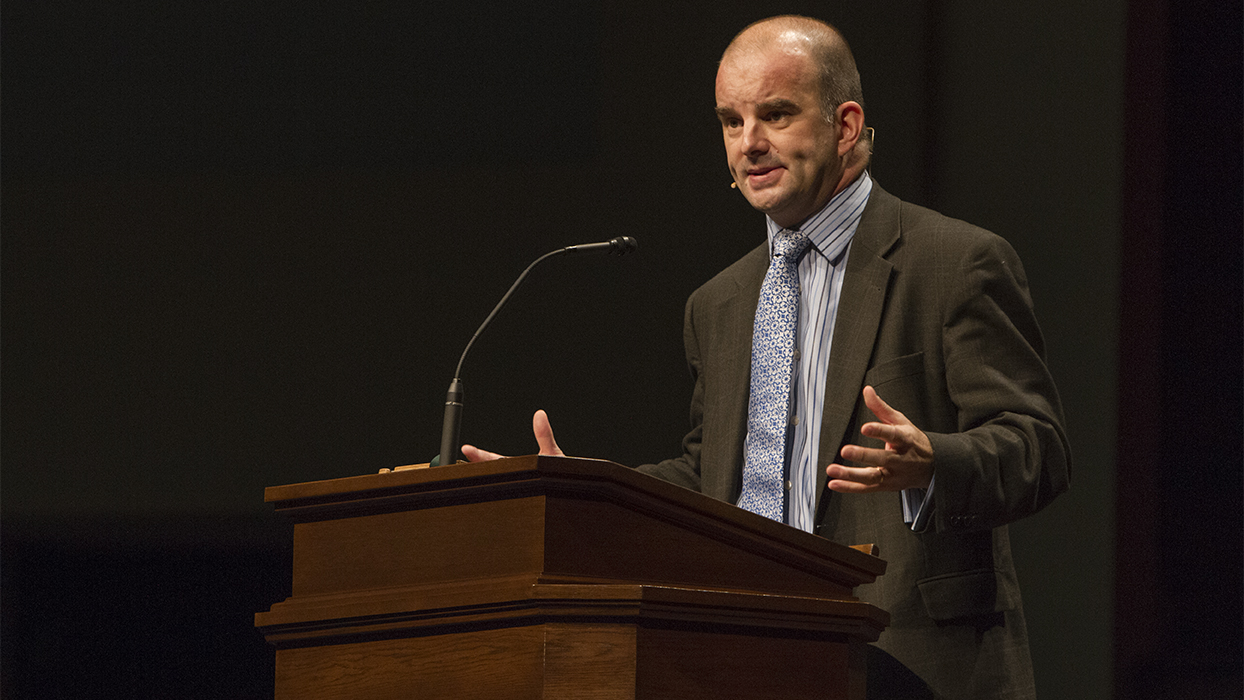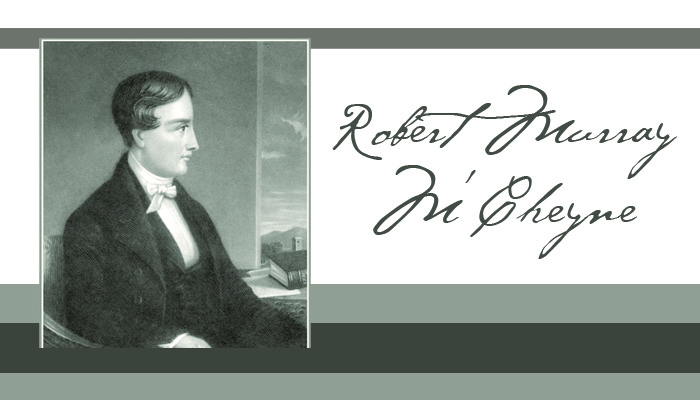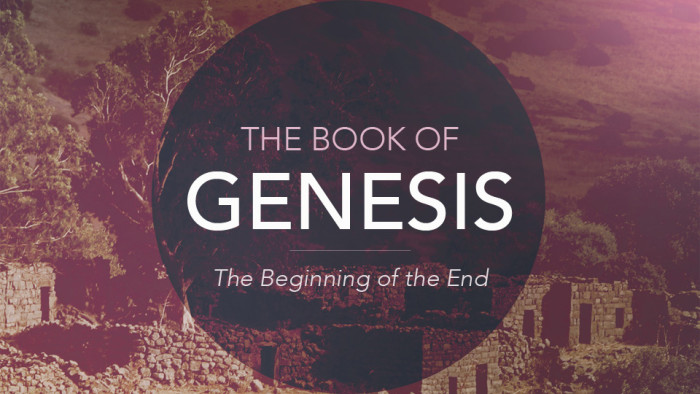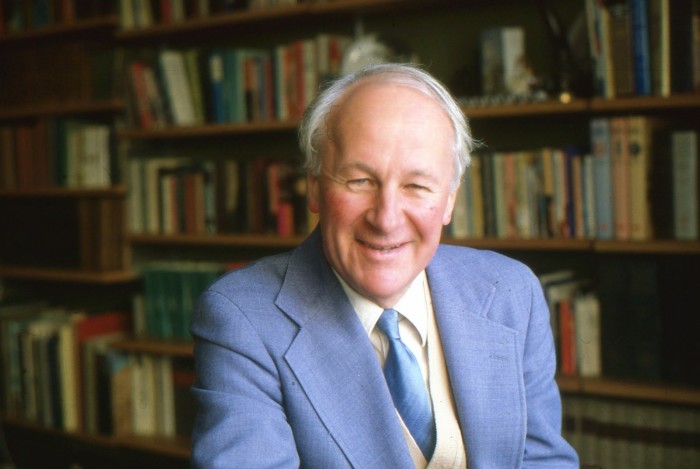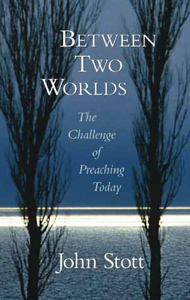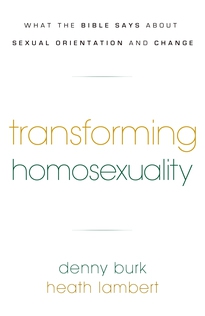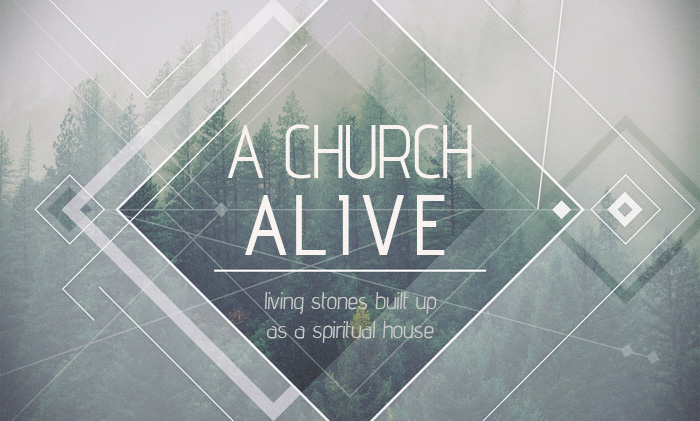Lord willing, this Saturday at IDC we conclude our summer sermon series on the book of Genesis. We put our sprinting shoes on for this one, knocking out all fifty chapters in fourteen weeks. As it so often happens, now that we are functionally done with the book I finally feel prepared to preach it.
Preaching Your Darlings
William Faulkner coined a now famous line for writers, “Kill your darlings.” Stephen King, in his On Writing, went even further by saying, “Kill your darlings, kill your darlings, even when it breaks your egocentric little scribbler’s heart, kill your darlings.” I’ve often wondered how such advice might apply to preaching. For it seems to me that every preacher has his own homiletical darlings. Maybe it’s a darling genre, a darling length of text, a darling tone, or a darling sermonic scheme (that’s probably my own)—whatever it is, the preacher likely has at least one.
Brothers, where it’s appropriate we need to kill our darlings lest they impede growth in faithful heralding.
It’s Stretching Time
When we planted IDC in 2013 I had yet to serve in a ministerial context where preaching week in and week out was my responsibility. During my associate pastor days the peak of preaching regularity was once a month. Thus, one of my first homiletical darlings to die was a preferred method of sermon prep. No longer could I sit and meditate on a sermon for over a month. What as just over a month was now just over a week. It took me many months to get used to a new way of preparation. I was stretched.
About six months in I started squeezing on another darling: genre. Every preacher, because of personality, interest, or expertise, is uniquely given to preach a particular genre. Some are storytellers and so they preach narrative. Some are rapture crazy and so prophetic books are their favorite meal. Some are systematic logicians and so feel drawn towards epistles. Count me in that later category. Put me in a section a New Testament epistle and I feel I’ve just sat down in a sermonic La-Z-Boy. We started IDC by preaching through 1 Timothy. I still think it was the right book to do at our church’s outset, but I wonder how much of my Pauline preference played a part in its selection. Desiring to give our young church the whole counsel of God, we jumped into Ruth right after 1 Timothy. I had, after all, told our core group one of the preaching convictions I had was, “Balance between the testaments and the genres.”
So, here I was outside my comfort zone in a narrative, and compounding my anxiety was that I was preaching through the book in four weeks. “Oh man,” I thought way back then, “one whole chapter each week?!?!” The homiletical stretching continued. After Ruth we went to Haggai and that little prophet made the stretching start to hurt. Since Haggai we’ve covered Mark, Job, 1 John, and two different topical series. Each one as stretched my homiletical muscles in regularly uncomfortable ways.
Uncomfortable because I’ve had to throw other darlings overboard along the way.
Seeing and Experiencing the Sermonic World
Now here I am concluding our Genesis series in two days time by walking through the story of Joseph—in one sitting. Yep, all fourteen chapters in about 45 minutes. Who is sufficient for such things? Maybe it’s wise, maybe it’s not. But one thing is certain: this sermon is stretching me. The whole series has been a stretching exercise. The rapid journey through Genesis is teaching me things I wouldn’t learn otherwise. Because of Ruth and Job I now feel comfortable with preaching one chapter, and thanks to Genesis one chapter feels quite luxurious. I trust this series is training me for future series that take in large chunks of narrative in every study.
What I’m coming to see is that we preachers need to see and experience the sermonic world of God’s word. If we never get out of a preferred genre we functionally spend our lives in one sermonic home. If we get out to other genres yet still only preach a few verses at a time we see the sermonic world with one-color lenses. Don’t get me wrong, I’m not advocating for only rapid tours through the vast landscapes of Holy Writ. To this day one of my favorite sermons I’ve ever preached at IDC was on one verse, “Glory to God in the highest, and on earth peace among those with whom he is pleased!” Sometimes the best thing we can do for our preaching is learn how to preach a full sermon on just a few words from God. Every morsel of God is a means to endless meditation. Preaching large texts teaches us “essentiality”—what is the dominant idea uniting all these verses? Preaching small texts teaches us “unsearchability”—there are unsearchable riches contained everywhere, if we would but prayerfully meditate long enough to see them.
An Unexpected Spiritual Consequence
All this talk of stretching our preaching is little more than an exercise of semper reformanda. Our homiletical ability must always be reforming, growing, and deepening. I’ve found the sermonic stretching does something for the soul as well, it fuels dependence. It may be just me, but whenever I preach in my comfort zone(s) I’m tempted toward self-sufficiency. “You got this,” whispers the Worm. And it’s terrifying to me how prone I can be to agree with his lie. But when unhelpful homiletical darlings are thrown out the window I sense my soul usually growing in dependence. As I said above, the question often is, “Who is sufficient for such things?” He who is strengthened by the grace of Christ Jesus (2 Tim. 2:2). That’s a truth I must never forget and stretching my preaching helps me remember it.
How are you stretching your preaching?


